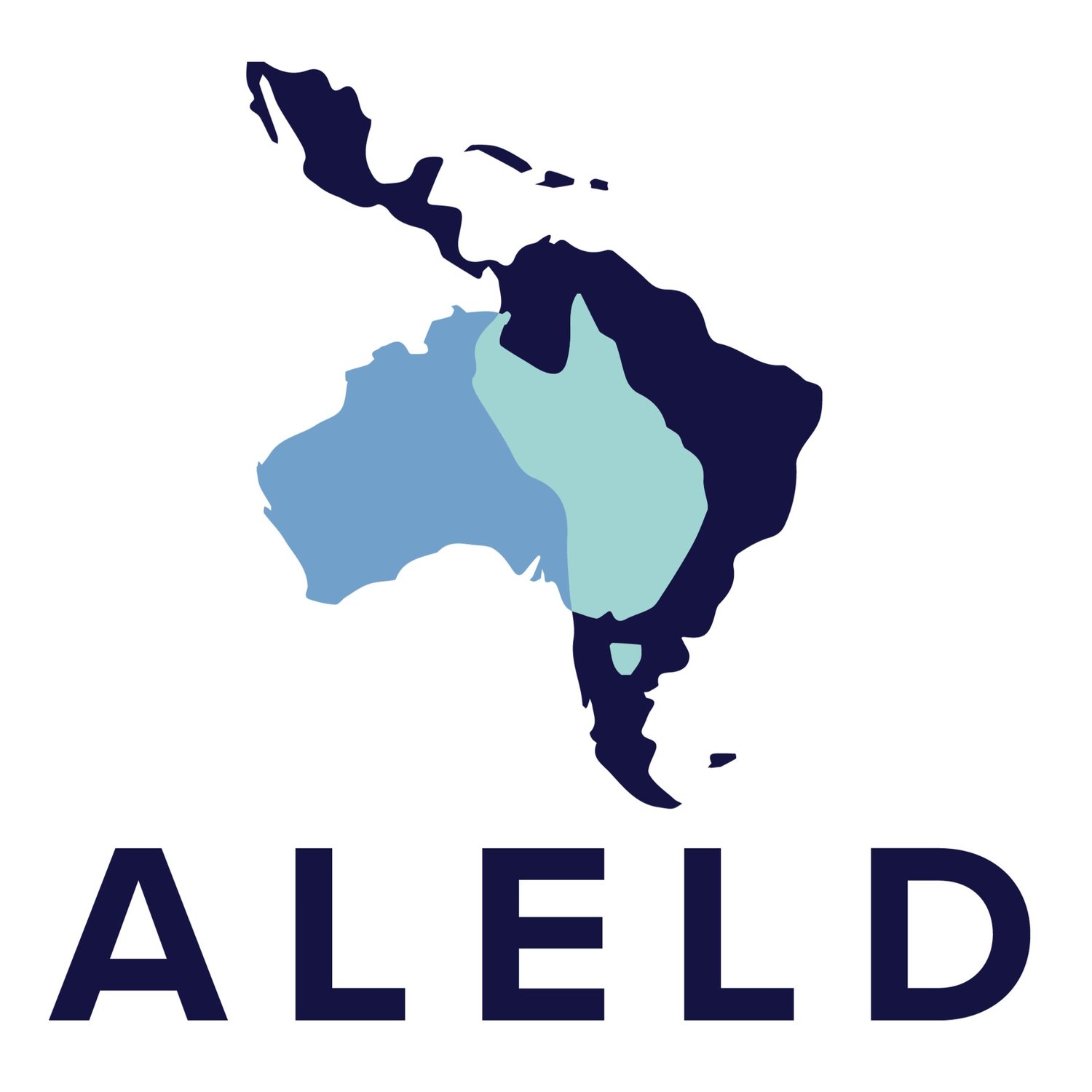Bolivia’s Attempted Coup Sounds a Warning for Further Political Turmoil
Troops entering the streets of La Paz, Wednesday 26 June. Image Credit: Fernando 6718 via Wikimedia Commons.
Bolivia was rocked on Wednesday 26 June when General Juan José Zuniga sent troops to seize the presidential palace in La Paz, the country’s capital. An armoured vehicle rammed the gates of Casa Grande del Pueblo, where a contingent of troops then entered the palace courtyard. This is not an entirely unfamiliar experience for Bolivians, whose country has endured 190 different military coups since gaining its independence in 1825. However, the nation had enjoyed a brief period of peaceful transitions of power between 1984 and 2019.
The entrance of the Casa Grande Del Pueblo, 2018. Image Credit: Caleidoscopic via Wikimedia Commons.
The turmoil began following Bolivia’s president Luis Alberto Arce Catacora, who had removed Zuniga from his post due to problematic statements he made. In a live broadcast interview, Zuniga said that former controversial president Evo Morales is barred from running in the 2025 presidential race and that he would deploy the military to prevent Morales from taking power. If Morales were to run it would be his attempted fourth term - which has been previously ruled as unconstitutional by the high court. The 2009 Bolivian constitution includes a limit of two consecutive terms for presidents, and Morale’s legacy is marred by controversy surrounding attempts to curtail term limits.
Former Bolivian President Evo Morales, 2019. Image Credit: The Presidential Press and Information Office via Wikimedia Commons.
First entering office in 2006 and winning a second term in 2009, Morales initially faced constraints to run for a third term in 2014. He argued that due to the constitutional limits being ratified after his first term the change should not be applied retroactively, thereby not counting his first term. The matter was dealt with by the Constitutional Court, who controversially ruled that Morales’ first term would not be counted towards the limit and he would be allowed to seek a third term. In 2016 during his second (though in actuality his third) term, he initiated a referendum proposing an amendment to the constitution that would allow for presidents to run for a third consecutive term. Despite the referendum being narrowly defeated, he ran for re-election again in 2019, which led to major unrest and allegations of widespread electoral fraud. The political turmoil ended when Morales resigned and fled the country. Understanding this political context is necessary to grasp the current tensions that led to the recent coup attempt. Bolivia has been suffering a difficult economic crisis over the last few months which has caused political tensions to rise. Gas exports that the economy relies on have plummeted, reducing Bolivia’s ability to obtain foreign currency. This resulted in a reduction of fuel imports and shortages for civilians.
President Luis Alberto Arce Catacora, 2020. Image Credit: Government of Bolivia via Wikimedia Commons.
So far 17 people, including General Zuniga and the head of the Bolivian navy, have been arrested for participating in the coup attempt. Zuniga has also been charged with terrorism, which carries a significant prison sentence of 15-20 years. Bizarrely, after being arrested, General Zuniga claimed that President Arce had asked him and his forces to stage a coup. Zuniga told reporters “...the president told me: ‘the situation is very screwed up, very critical. It is necessary to prepare something to raise my popularity.” Zuniga replied by asking if he ought to “take out the armoured vehicles”, to which Arce allegedly replied, “Take them out”, presumably to create a spectacle. Pro-Zuniga supporters claim that Acre used the dramatic staged coup as a means to improve popularity.
The President has denied all accusations of conspiracy with his former army leader. The day after the coup attempt, Acre told journalists “How could one order or plan a coup on oneself?”. To support Acre’s denial the government has broadcasted a video of Acre confronting Zuniga, ordering him to withdraw his troops from the area. Acre has continued efforts to dispel conspiracies, posting on X: “We are going to defend democracy and the will of the Bolivian people, whatever the cost”.
Going forward, the people of Bolivia and the government face a juncture within their democratic evolution. Zuniga’s coup attempt reflects a deep political division surrounding leadership and constitutional integrity. The government must ensure that next year's election is transparent and a stable transfer of power takes place for the rebuilding of public trust in governmental institutions. Furthermore, Morales must be prevented from running in the 2025 election as any whisper of him returning to power will ignite major demonstrations and worsen economic instability. 2025 will be a high-stakes year for Bolvianian democracy, decisive leadership from the government must be demanded to safeguard Bolivian aspirations and economic recovery.
Author Bio: Alister Gibson is a third-year International Relations Student at the University of Adelaide, with a keen interest in political order, history, and philosophy. He is currently studying German and Spanish.
Content Disclaimer
The views expressed in this article are those of the author and do not necessarily represent the views or opinions of the Australia Latam Emerging Leaders Dialogue.




